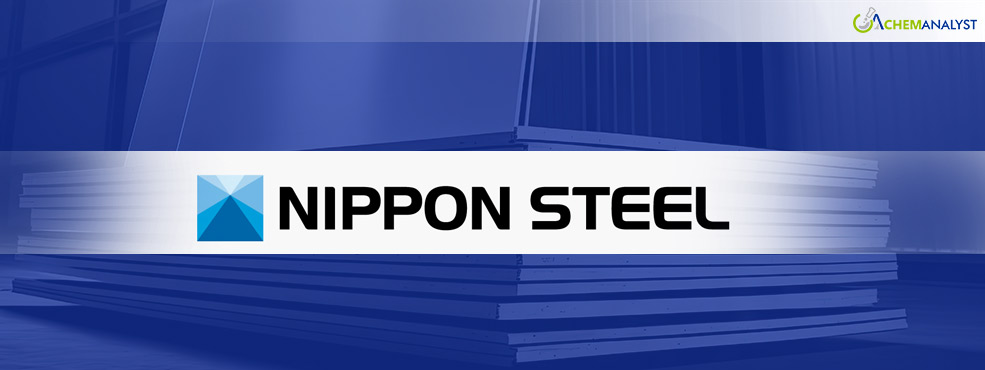Welcome To ChemAnalyst

In a significant development for the steel and chemical industries, Japanese Prime Minister Shigeru Ishiba recently confirmed that Nippon Steel Corporation will be making a strategic investment in United States Steel Corporation. This announcement effectively dispels previous speculation surrounding the potential acquisition of US Steel by the Japanese steel giant. Prime Minister Ishiba emphasized that the investment would not alter US Steel’s identity as an American company, with its management and workforce remaining under American control. His remarks align with earlier statements from U.S. President Donald Trump, who indicated that Nippon Steel's investment would strengthen US Steel's operations without pursuing a full acquisition.
The decision to pursue an investment, rather than an outright purchase, carries significant implications for both the U.S. steel industry and related sectors, including chemicals. Historically, US Steel has been a key player in providing steel products for various industries, including the chemical sector. The ability of Nippon Steel to inject capital into US Steel opens the door to potential improvements in manufacturing processes, product quality, and operational efficiencies. Nippon Steel’s expertise in advanced steel production technologies could enable US Steel to upgrade its offerings, which is of particular interest to the chemical industry, which relies heavily on steel for manufacturing essential infrastructure and equipment such as reactors, pressure vessels, and piping.
For the chemical sector, this partnership could offer notable benefits, especially in terms of product innovation. The quality of steel used in chemical plants is of paramount importance, as it directly impacts the safety, durability, and longevity of equipment in highly corrosive environments. Nippon Steel’s advanced metallurgical technologies, including its focus on enhancing the strength and corrosion resistance of steel, could drive improvements in the steel products that the chemical industry depends on. Such advancements could lead to more efficient and cost-effective chemical manufacturing processes, as well as increased safety standards.
Additionally, the collaboration between Nippon Steel and US Steel has the potential to catalyse progress in the steel industry’s sustainability efforts. As global pressure to reduce carbon emissions and adopt greener practices intensifies, both companies are likely to focus on adopting more sustainable steel production methods. Nippon Steel has already made significant strides in green steel initiatives, and this expertise could contribute to the development of environmentally friendly solutions for the chemical industry’s infrastructure needs.
Although Ishiba refrained from specifying the investment amount, the nature of the deal indicates that Nippon Steel's role will be to enhance the quality of US Steel’s offerings while preserving its American identity. For the chemical industry, this is a positive development, offering the prospect of a stronger, more competitive steel supply chain that is better equipped to meet the evolving demands for quality, sustainability, and technological innovation in the sector.
We use cookies to deliver the best possible experience on our website. To learn more, visit our Privacy Policy. By continuing to use this site or by closing this box, you consent to our use of cookies. More info.
